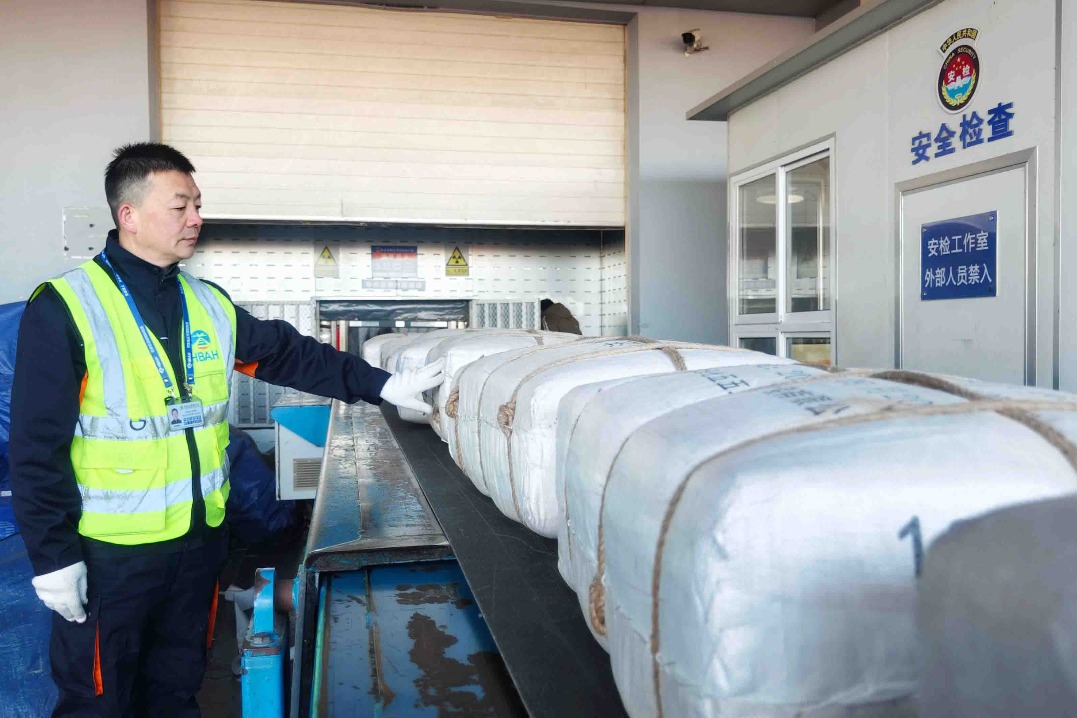Paying off landlords to beat housing woes


Mainland banks in joint bid to boost home rental loans for needy residents
Disgruntled Shenzhen residents, who have been squeezed out of the city's runaway property market or are constantly living at the mercy of unscrupulous landlords, may have won for themselves a "consolation prize".
Major banks have been trumpeting home rental loans, ostensibly to help those still stuck at the bottom of the housing ladder, at least to enable them to partially fulfil their dreams and move on, or shelter themselves from property owners raising rentals on a whim.
Li Tuo recently took out a 260,000-yuan ($40,401.4 )loan for his family of four to move out of their 50-square-meter flat into a bigger four-bedroom apartment and save rental costs over the next three years.
House rental loans have grown popular on the Chinese mainland with property prices showing no signs of a drastic downturn despite intense government efforts to cool the red-hot sector.
Akin to traditional housing loans, once a home rental loan is approved, the bank will pay, on behalf of the tenant, all the rents in advance to the property owner over a specified period, while the borrower only needs to make monthly repayments.
China Construction Bank (CCB) — one of the nation's "Big Four" lenders — launched the product in Shenzhen in November last year in cooperation with developers, including Country Garden and Galaxy Holding who, at the same time, released 5,481 apartments for rent to tenants who have secured such loans.
Li, 32, is the first borrower and most of the flats on offer have been leased so far.
In line with the authorities' current policy of prodding residents to rent instead of buying apartments, various banks in Guangzhou, Xiamen and other mainland cities have thrown their weight behind the move by offering home rental loans since last November.
The new product has come a long way in helping to relieve the housing woes of many and drive growth in the rental market.
Some industry experts, however, have reservations, warning of a loophole that could fuel a new round of speculation, and calling for tighter market curbs.
In Li's case, housing rentals in his neighborhood average between 8,000 and 10,000 yuan a month for apartments of the same size. Using the loan, the bank pays the owner a full three years in rent, while Li enjoys a sizeable discount by forking out 7,000 yuan monthly, including interest, and gets himself protected from any untoward rental increases in future, as well as unpredictable economic fluctuations.
Besides saving money, Li relishes another plus — stability. A leasing contract for three years means there's no need for him to worry about the owner suddenly opting to sell or recover the apartment to accommodate a new lease.
A CCB loan stretches up to five years and a tenant could apply for two repayment terms. But, in the event of rentals coming down during the period, the tenant stands to lose out.
Zhang Dawei, chief analyst at Centaline Property, called the product an example of "irrational consumption", saying it could embolden speculators to drive up home rentals.
He pointed out that the rate of increase in property prices in the past few years has been very much above that of rental prices because there's no way to leverage the rental market, and the new rental loans could aggravate the situation.
If leverage appears, he warned, rental prices will rally and this would be unfavorable for consumers in the long run.
Another disturbing consequence would be the loans being used by some people as a convenient way to access capital. According to CCB's customer service department, the home rental loans are not restricted to parties working in association with the bank. In other words, any tenant can apply for such loans for any apartment as long as the owner gives the nod.
It's also not difficult to secure such loans. An applicant only needs to have a monthly salary of more than 5,000 yuan, along with a social security payment record for three months and an uncheckered personal credit history.
This means any person could pretend "leasing " a home to anyone who, after securing the loan, only needs to pay it back monthly through the fake tenant's account.
After all, the annual interest rate for such loans is between 4.35 and 4.75 percent, equivalent to the central bank's benchmark interest rate, but lower than that of a home purchase loan of 4.9 to 5.4 percent. And, its credit ceiling is one million yuan.
To avoid that, Yan Yuejin, research director at E-house China R&D Institute, suggested that banks step up checks on applicants and surveillance measures are needed. One precautionary measure is to create a blacklist for those who cheat, he said.
According to CCB, they have set up special teams to probe lease transactions to ensure they are genuine.
Yan said a rental loan is, in fact, a special kind of consumer loan. In the past two years, a huge pool of consumer loans has flowed into the housing sector, boosting homes prices and triggering a crackdown by regulators.
As a result, both transaction volumes and prices have stagnated recently and developers have been looking for ways to reverse the situation. Long-term leasing seems to be the answer and rental loans can help improve their cash flow, forcing them to rent out the 5,481 apartments, most of which had originally been intended for sale.
Although there are still loopholes to be dealt with, home-rental loans are set to propel the rental sector to a certain degree. It could lead to the emergence of professional leasing companies, with CCB having already invested in two such companies in Shenzhen.
- Quake-hit Dingri county residents provided with hot meals, clothing and shelter
- Students' arduous trek replaced by canyon cable car
- Top court urges tough stance on rural organized crime
- Shallow quake center, intensity blamed for damage in Xizang
- Respiratory infections within expected range, WHO and China say
- Beijing police enhance overseas cooperation in crackdown against telecom fraud





































